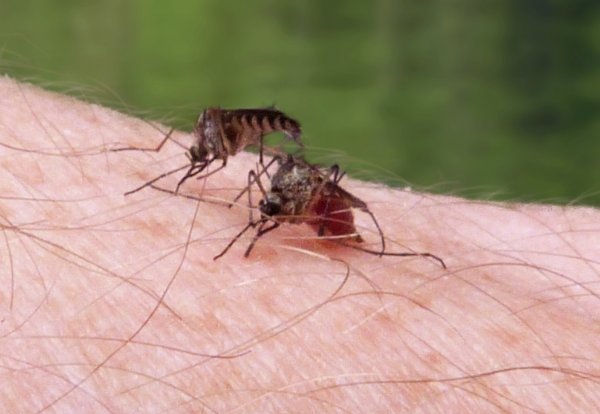A high risk of P. vivax after P. falciparum infection
IDDO's malaria platform, WWARN, has published its latest results in the Lancet Infectious Diseases, calling for researchers, policy makers and public health professionals to reopen discussions about the potential for changing the way uncomplicated P. falciparum malaria is treated in some regions. The results highlight that in some locations where both forms of malaria are found patients treated for P. falciparum infection have a high risk of subsequent P. vivax malaria.

P. vivax can relapse on multiple occasions, weeks or months following the initial infection, due to the activation of dormant parasites in the liver called hypnozoites. The triggers for this activation are unknown. However, previous research from Southeast Asia found vivax malaria to occur more commonly than expected following treatment of falciparum malaria, suggesting infection with P. falciparum malaria may be a potential trigger.
The results of the current review support these findings. It included over 31,000 patients, enrolled in 153 studies, from 21 countries across Asia, the Americas and Africa. Within two months after treatment with the recommended artemisinin-based combination therapy, vivax malaria occurred in 3 out of every 10 people. During this time recurrent parasitaemia was more likely to be caused by P. vivax than by recurrence of the original falciparum infection.
Lead author Dr Rob Commons comments, ‘Our analysis highlights the high risk of vivax following falciparum and suggests that universal radical cure with primaquine or tafenoquine may be beneficial for patients with falciparum infections as well as vivax infections’.
Dr Commons adds, ‘In selected regions, this radical treatment strategy would prevent vivax parasitaemia, potentially reducing patient illness and ongoing transmission of this widespread form of malaria’
Prof Ric Price, Head of WWARN’s Clinical Group, said ‘Universal radical cure offers an opportunity to change the way we view and manage this disease that still has a devastating impact on more than 8 million people every year. Combating both species simultaneously has potential to significantly advance the global drive towards malaria elimination. However, further studies are needed to determine areas where this approach is likely to have the greatest impact.’
To respond to this need for further evidence, WWARN is continuing to collaborate with our network of research partners to undertake an individual patient meta-analysis that explores the risk factors associated with vivax parasitaemia after falciparum infection.
Discover the details of this latest Study Group IPD meta-analysis.
Written by Andrea Stewart. Thanks to Clinical Group for edits and insights.
